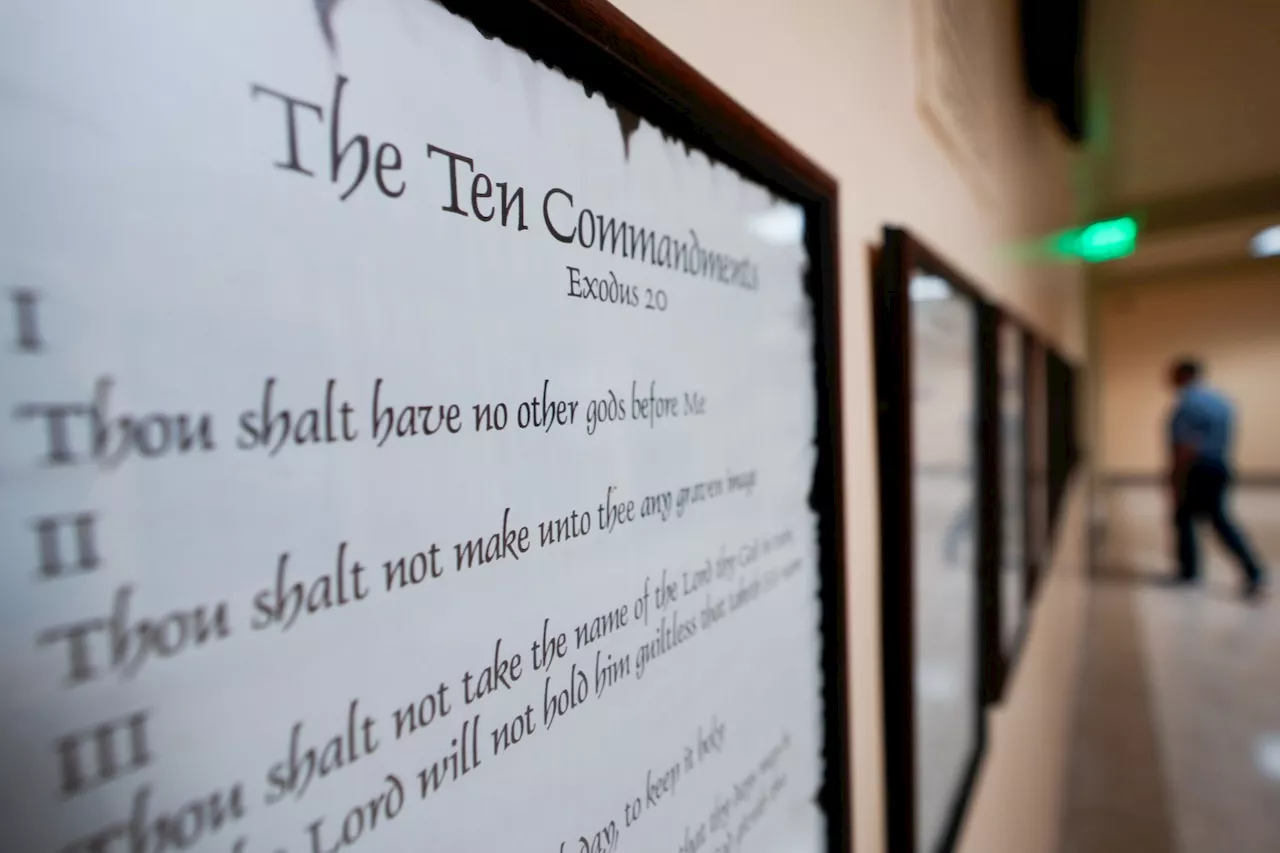BREAKING: The U.S. Supreme Court has just announced a controversial ruling regarding immigration policies that many experts declare a significant setback for constitutional rights. This decision, coming on October 3, 2023, has ignited a fierce national debate over the balance between border security and the fundamental rights of individuals.
This ruling is especially critical as public sentiment increasingly favors a secure border. However, the implications of this decision extend far beyond security; it raises urgent questions about the administration’s approach to immigration, specifically under the Trump administration’s policies, which critics argue have systematically undermined constitutional principles.
A majority of Americans support measures to strengthen border security, yet this ruling could lead to an erosion of civil liberties, affecting countless families and individuals seeking refuge or a better life in the United States. The implications are immediate and profound, as legal experts warn that the ruling may pave the way for more restrictive immigration practices that could impact thousands.
Authorities are already voicing their concerns.
“This ruling threatens the very foundations of our democracy,”
stated a prominent civil rights attorney, reflecting the sentiments of many who believe that this decision will lead to widespread injustices.
As the legal community and advocacy groups mobilize to respond, attention will now turn to how this ruling will be implemented across the nation. Activists are preparing to challenge the decision in lower courts, aiming to protect the rights of immigrants and uphold constitutional values.
What happens next is critical for both advocates and opponents of immigration reform. As the nation reflects on this ruling, the ongoing discussions around immigration policies and their impact on American society will gain momentum. Stay tuned for updates as this developing story unfolds.
The latest Supreme Court decision not only reshapes immigration law but also signals a potential shift in how the U.S. views its responsibilities toward those seeking a new life. The urgency of this matter cannot be overstated, as communities across the country brace for the immediate effects of these changes.







































































